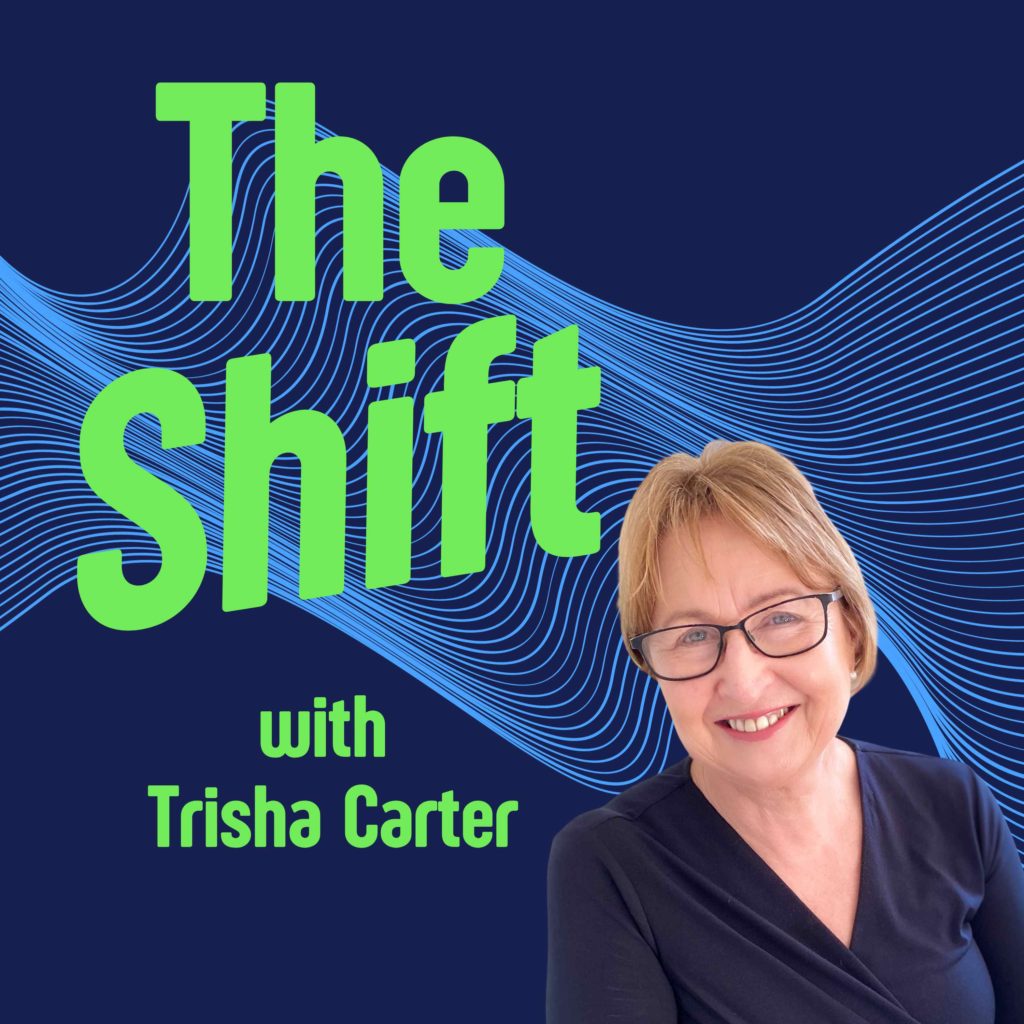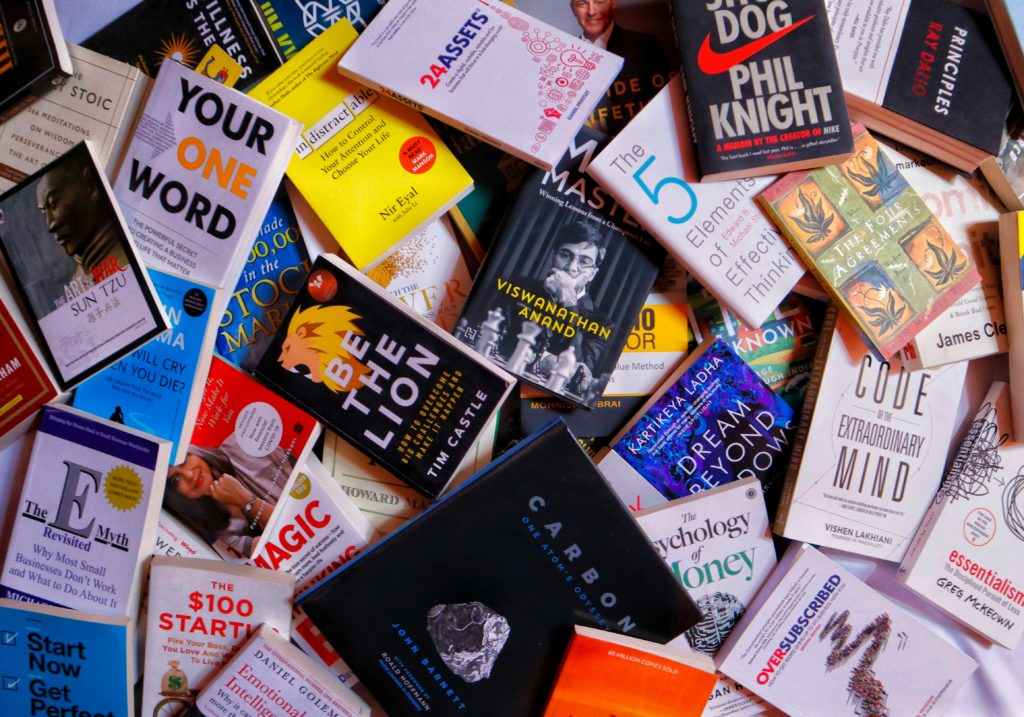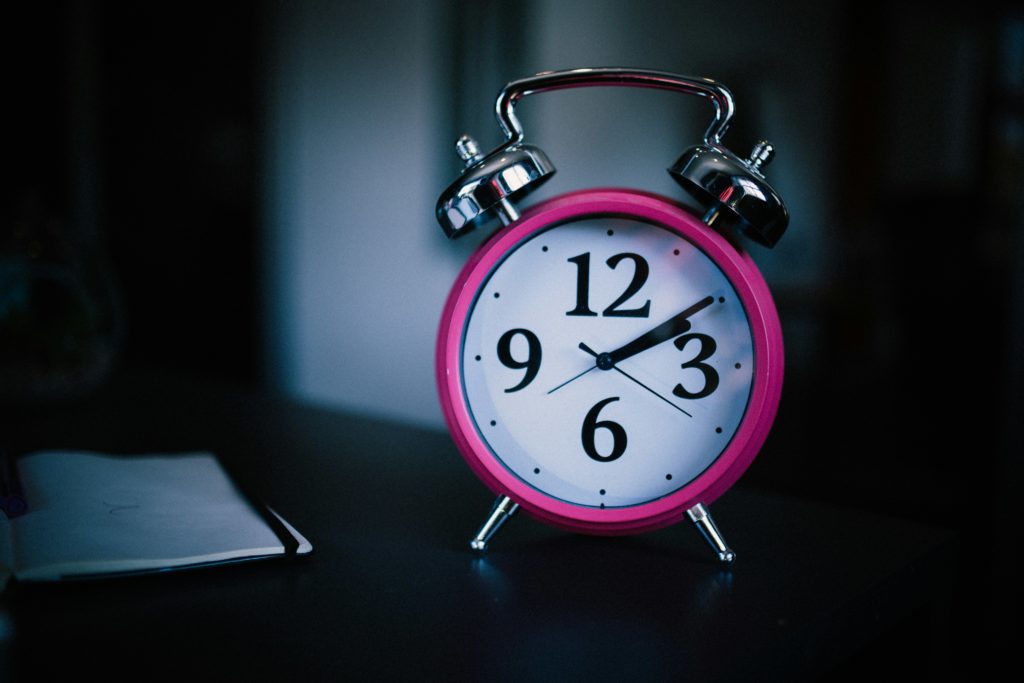Over the last few weeks, I’ve been reflecting on what it takes to be effective as a communications professional in today’s world. In a world that’s increasingly globalised, multicultural, polarised and frankly, pretty messy.
One of the big answers is cultural intelligence. This is not a finding that I’ve stumbled upon. It is based on research over the last twenty-plus years.
As I’ve been unpacking cultural intelligence and specifically how communications professionals can build and implement it, I’ve been thinking about some of the key things we need to do to realize its full potential.
Here’s a big one.
We need to be better listeners.
That might not be what you expected. So often, as communications professionals, we’re focused on the messaging, the channels, and the visuals and we are moving at such a pace that we don’t think about how well we’re listening.
Recently, I’ve been reading a lot about how we listen and I’ll post some more about this soon.
But in the meantime, here are a few things to think about:
- Be intentional and present: before a conversation or a meeting, think about how you’re going to listen. Clear your mind. I know you may find this shocking but you can’t listen well if you’re simultaneously on your phone or even on another call. I’ve experienced someone doing just that.
- Tune into what you may not be able to hear: this is about checking your own biases and knowledge gaps. These can get in the way of us being able to truly listen to people who are different from us.
- Listen to what’s not being said: pay attention to who is not speaking and seek out their views and perspectives. Focus on the issues not being talked about as well as what’s being said. In many organisations, we fall into the trap of prioritising those who talk the most or the loudest but that’s not always where the wisdom sits. Power dynamics, cultural preferences around hierarchy and communications style can all influence the extent to which an individual might speak up in a meeting.
- Focus on understanding first: I know I’m guilty of thinking of what I’m going to say before the other person has finished speaking. That means my brain is too busy to focus on what I’m hearing. Don’t be afraid to slow down and focus on what has been said. It may help you ask smarter questions and pick up complex cultural cues – something that can take effort when you are working across cultures and lines of difference.
- Take time to process what you’ve heard: don’t come at me with the ‘busy’ excuse. The time you spend reflecting on what you’ve heard and making sense of it could save you hours and hours of work, frustration and miscommunication. It could create more effective communications strategies and approaches including identifying gaps in your knowledge before you launch into action!
And here’s a challenge – just for the next few meetings or conversations in your diary, take a moment to think about your listening.
If you’d like more tips, check out Oscar Trimboli’s podcast and books here.
What are your tips on listening more effectively? I’m a work in progress and I’d love to learn from others.


